Hidden Figures: Virginia Opera’s “Fellow Travelers”
Paranoia, fear, and gay love are at the center of the Virginia Opera's bold new production of "Fellow Travelers."

Gregory Spears doesn’t remember exactly how he got there, or if he went with anyone. Only that it happened, and it felt… scandalous.
“There was some club in high school that said, ‘There’s a field trip. We’re gonna go to the opera.’ And I was like, ‘Okay, I want to go.'” Spears didn’t know from opera back then, as a teenager growing up in Virginia Beach in the nineties. At the time, Spears had already started dabbling with writing instrumental music as an escape.
“Being a deeply closeted, shy kid, music was this abstract world that I could pour my feelings into,” he says. “It felt safe to write abstract music. My whole emotional world kind of went there.”
Fast forward to the day of the high school field trip, when Spears found himself sitting in a Norfolk theater discovering the world of classical opera courtesy the Virginia Opera.
“I loved that music,” he says. “I was just amazed that it existed.” Eventually, he connected the dots between the abstract music he had been fiddling with in a rather free-associating kind of way and the fully composed score that added layers of emotional depth and resonance to whatever the singers were going on and on about.
“All of a sudden this abstract thing was attached to stories,” he continues. “To me, this was scandalous — in a wonderful way…. I was excited to bring my sort of abstract interest in emotions and theatricality and pair up with a writer and turn it into something that you can put on stage.”
Decades later, Spears can’t help but marvel as he reflects on how his career has played out. Recently, the 45-year-old New York-based composer has been finding himself reminiscing about how it all took root. And once again, he has the Virginia Opera to thank.
“I’m sitting in the Virginia Opera office right now speaking with you, and that’s how I got into opera,” he says, seemingly pinching himself during a recent Zoom interview. Spears returned home to watch rehearsals of the company’s new production of Fellow Travelers, an opera he wrote with librettist Greg Pierce almost a decade ago.
“My first experience of live opera was in the same theater where this production will begin in Norfolk. So there’s some poetry for me in this particular outing. [Fellow Travelers] has been done quite a bit since its premiere in 2016. But this production run has special meaning since I get to come back to where I went to high school.”
After this weekend’s performances at Norfolk’s Harrison Opera House, the company will take Fellow Travelers on the road for a short run, with two performances next weekend at George Mason University’s Center for the Arts in Fairfax, followed by two performances at the Dominion Energy Center in Richmond.
Based on gay novelist Thomas Mallon’s 2007 book, Fellow Travelers is set in Washington, D.C. in the decade after World War II. The story focuses on a gay couple and the challenges they face in a pre-Stonewall time and era far removed from today.
“This was a time when communists or suspected communists were being investigated by Senator Joseph McCarthy,” Spears says. “It was a period when there’s a lot of fear. There was also the Lavender Scare, which crossed over into the world of gays and lesbians, particularly in the State Department. It was thought that gays and lesbians posed a blackmail risk, that they were a liability in the fight against communism. And of course that was homophobia, with very flimsy justification.
“One of the characters, Hawkins Fuller, works at the State Department, and the other character, Timothy Laughlin, is a young reporter,” Spears continues. “They begin to have an affair in secret. And so part of what they’re negotiating is this environment in which there’s a lot of paranoia, a lot of fear, and yet they’re experiencing something powerful despite all that.”
As the relationship progresses, the opera introduces us to Mary Johnson, Hawk’s secretary who becomes close to Tim. “It’s a very personal story between the three of them. It takes place within the larger political situation, but the characters and their own sort of tensions amongst one another are really at the center of the narrative.”

The characters are likable, relatable, even understandable — up to a point. “[It’s] a piece that has really complicated gay characters,” Spears says, noting that he and Pierce, both gay men, had to resist the urge to minimize nuance and shades of gray, as well as the temptation to make the characters unambiguously virtuous, proudly gay, and heroic.
“Hawk sings an aria,” he says, “that is very much an aria of internalized homophobia. It’s unmistakable. And that’s real. And that’s part of the PTSD that he [suffers from] — that’s what we would call it today. There were a lot of men who had this kind of fraught relationship with their identity — that was part and parcel of the toxic, homophobic world in which they were submerged.”
Spears currently has several operas in various stages of development, and conveys a sense of being fully engaged, and as committed to the genre, and especially the live and in-person experience of it, as ever.
“I think I’ve gotten more excited about opera, actually, in the last 20 years or so since technology has become so much of a part of our lives,” he says. “I love technology, but there’s something so human about opera, there’s something so unique and irreplaceable. Being able to go and see something for which there’s no amplification — there’s something really special about it. I think it’s like a miracle. I remember feeling that way when I saw it back in the nineties.”
Virginia Opera’s Fellow Travelers will be performed on Saturday, Feb. 4, at 8 p.m., and Sunday, Feb. 5, at 2 p.m. at the George Mason University Center for the Arts, 4373 Mason Pond Drive, in Fairfax.
Tickets are $45 to $115. Visit www.cfa.gmu.edu or call 888-945-2468.
For additional dates and more information about the production and Virginia Opera, visit www.vaopera.org or call 866-673-7282.
Support Metro Weekly’s Journalism
These are challenging times for news organizations. And yet it’s crucial we stay active and provide vital resources and information to both our local readers and the world. So won’t you please take a moment and consider supporting Metro Weekly with a membership? For as little as $5 a month, you can help ensure Metro Weekly magazine and MetroWeekly.com remain free, viable resources as we provide the best, most diverse, culturally-resonant LGBTQ coverage in both the D.C. region and around the world. Memberships come with exclusive perks and discounts, your own personal digital delivery of each week’s magazine (and an archive), access to our Member's Lounge when it launches this fall, and exclusive members-only items like Metro Weekly Membership Mugs and Tote Bags! Check out all our membership levels here and please join us today!





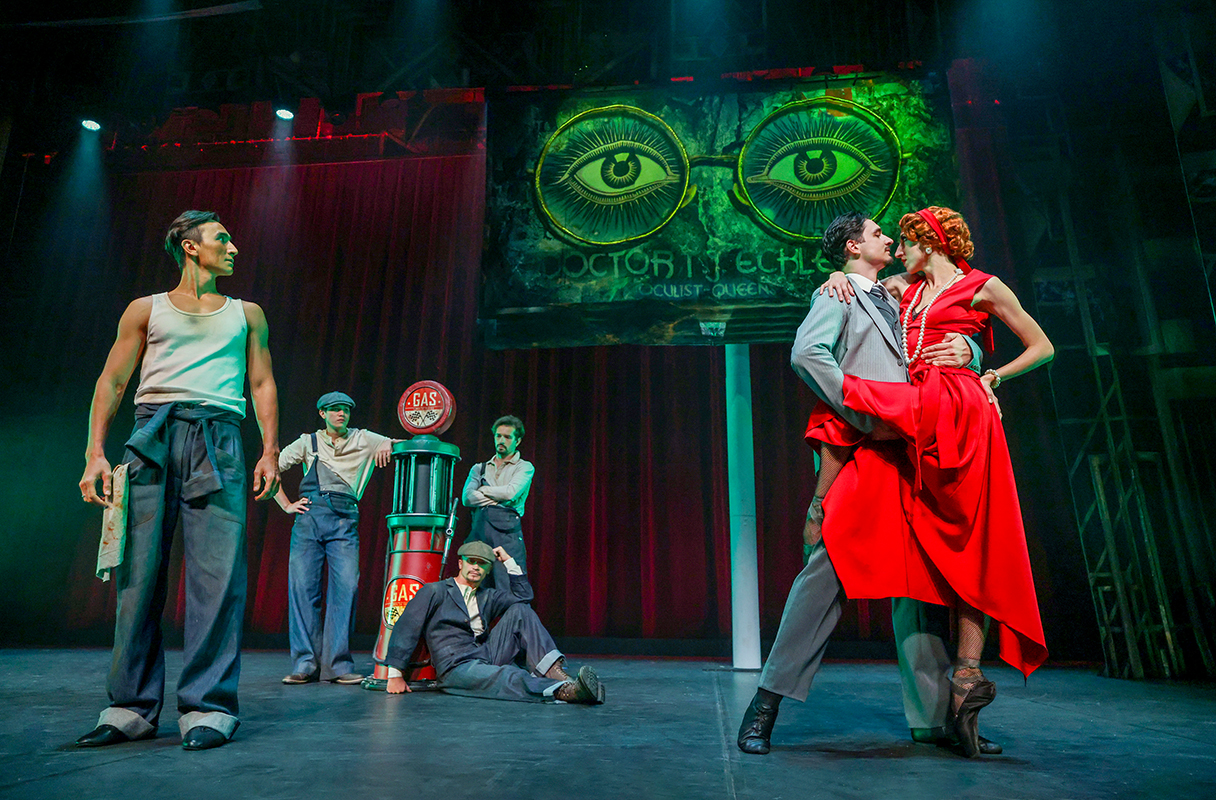
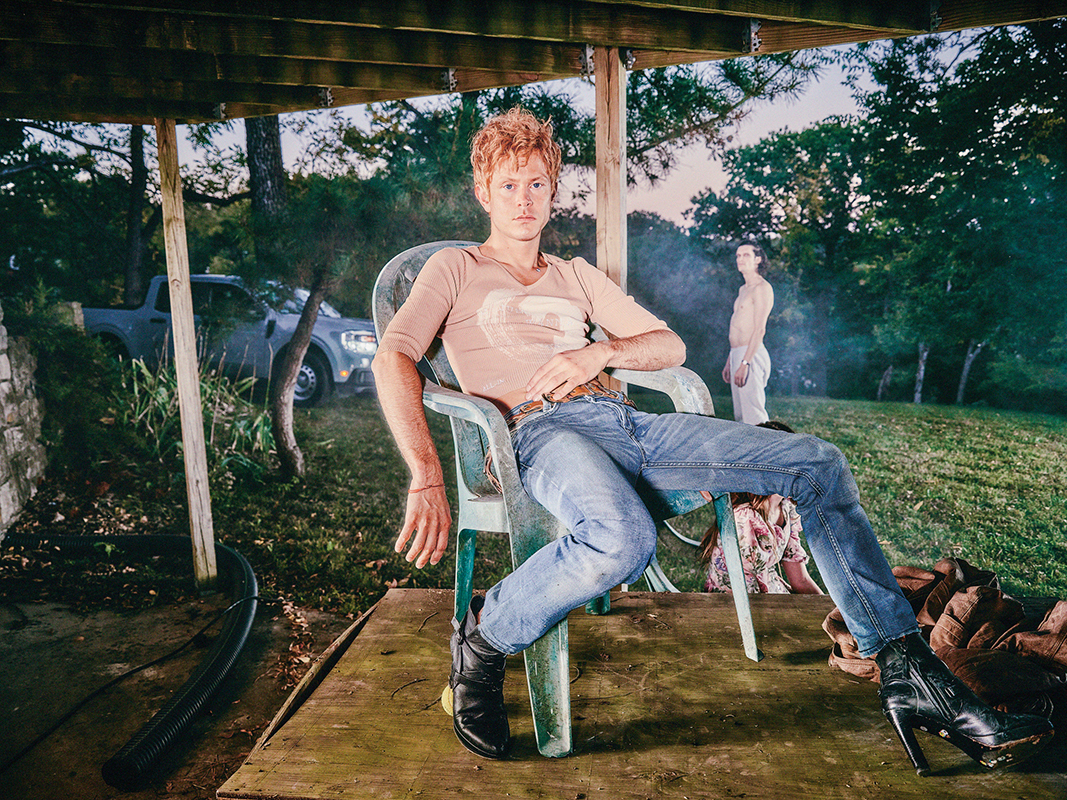
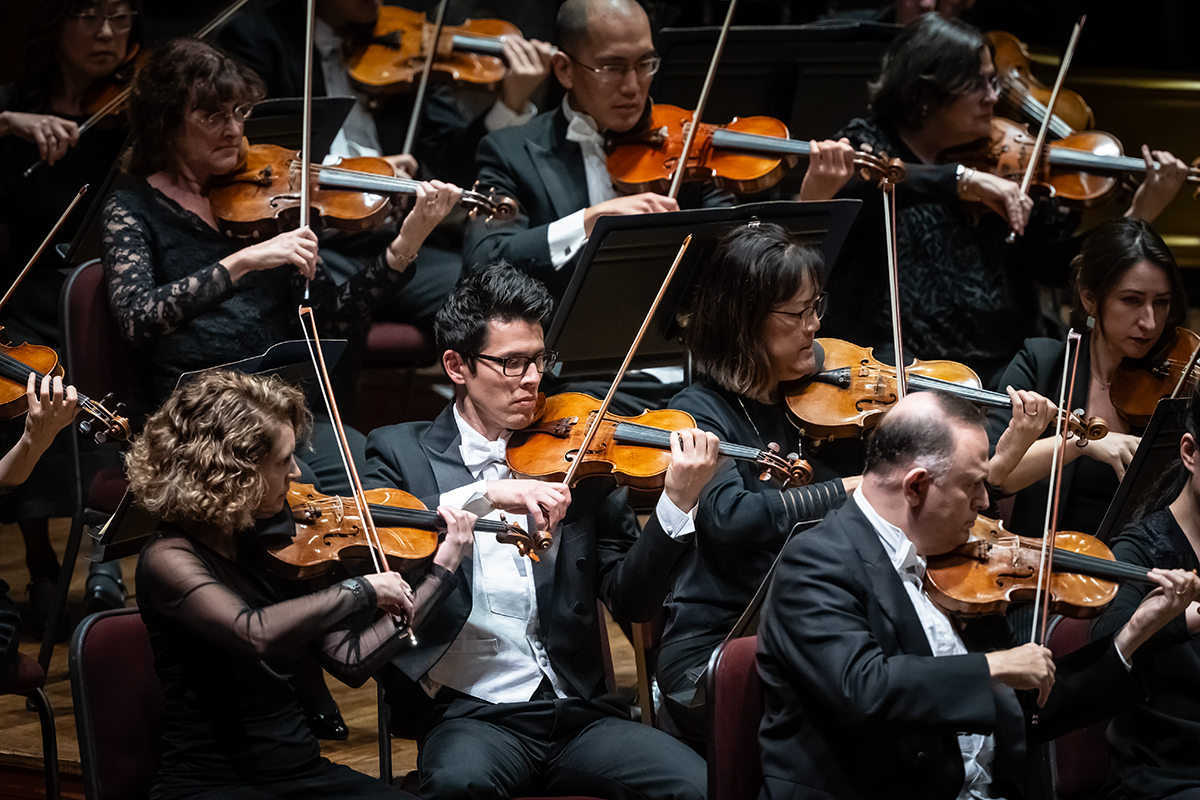















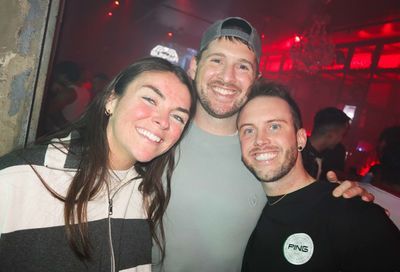

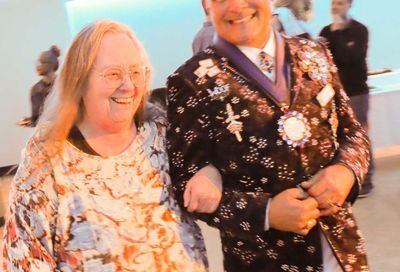
You must be logged in to post a comment.